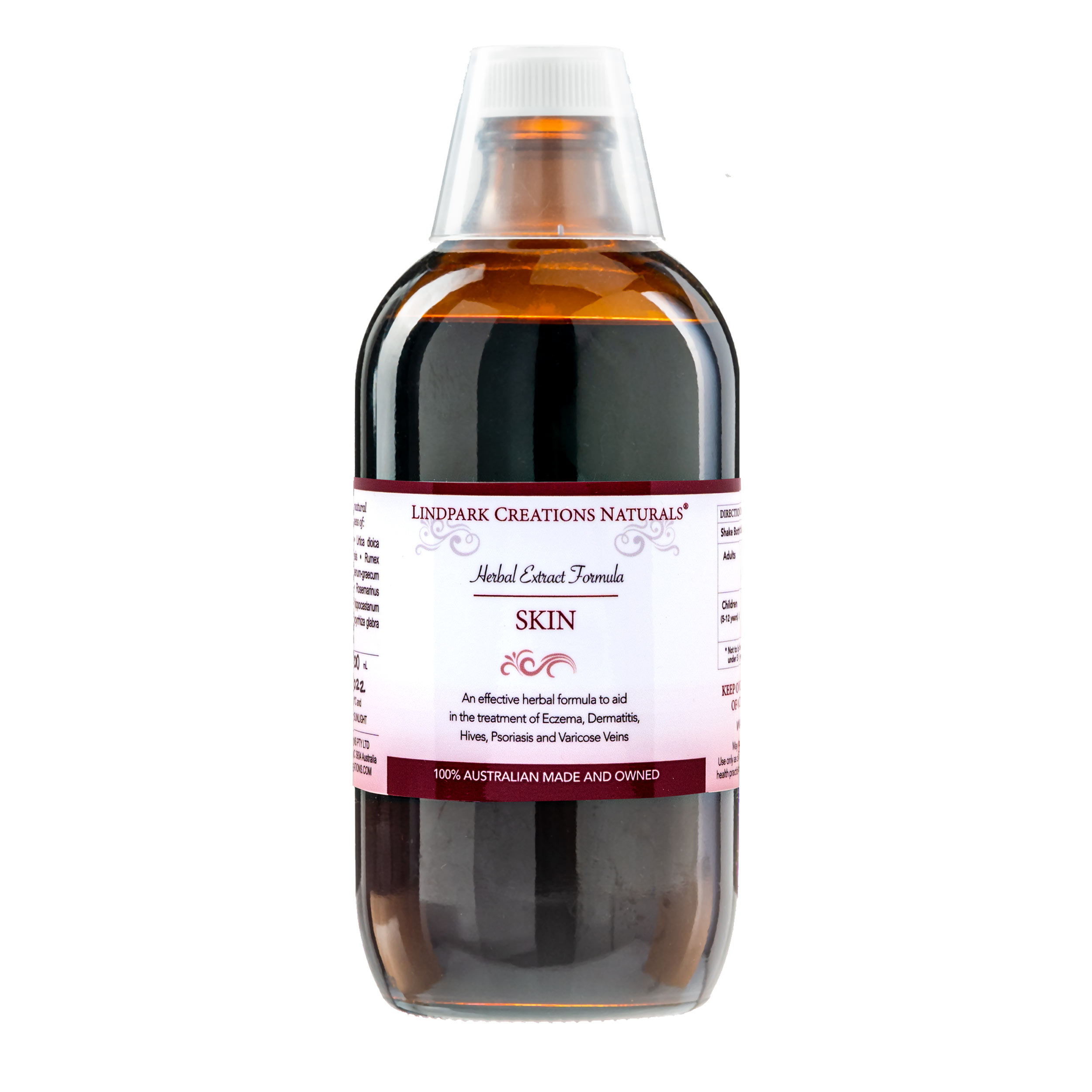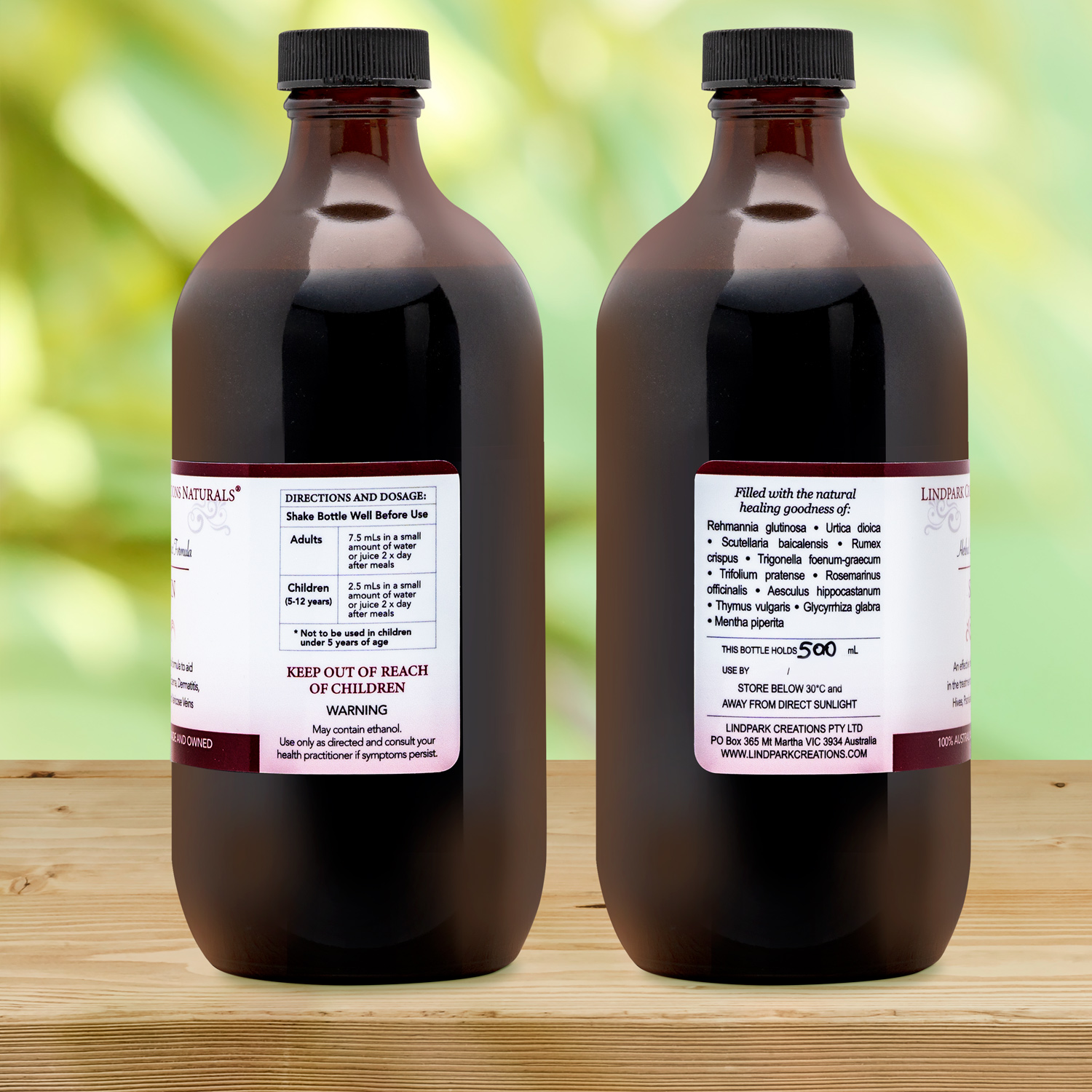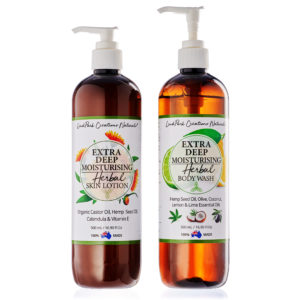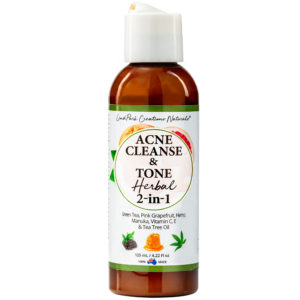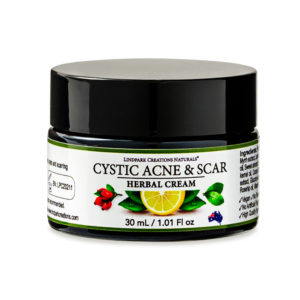Description
Traditional Uses for Skin Herbs in Skin Conditions:
Rehmannia (Rehmannia glutinosa)
Regulates blood sugar, blood pressure and a liver tonic. Assists anaemia and nourishes the blood with improving circulation.
Nettle (Urtica dioica)
A nutritive to the skin. Astringent and circulation stimulant. Helpful for skin diseases associated with poor peripheral circulation and/or anaemia; infant and allergic eczema.
Baical skullcap (Scutellaria baicalensis)
Antiallergic; anti-inflammatory; antibacterial; protects the liver and indicated for allergies and chronic skin complaints along with asthma, arthritis and the common cold
Yellow dock (Rumex crispus)
The anthraquinone glycosides in Rumex lend the plant its mild laxative (aperient) action. Rumex is most indicated in chronic toxic conditions with debilitation, tendency to tissue stagnation (lymphadenopathy, ulcers, glandular enlargement), chronic sore throat, irritated dry cough. Rumex is especially indicated in chronic skin conditions with G.I. complaints (especially psoriasis with constipation). Will benefit sluggish digestion, flatulence and liver problems. Can be used topically for skin disorders and itchy skin.
Fenugreek (Trigonella frenum-graecum)
A nutritive and digestive tonic; galactagogue; hypoglycaemic; healing and anti-inflammatory.
Red clover (Trifolium pratense)
An alterative remedy; possibly oestrogenic. Helps clear toxins from the skin.
Rosemary (Rosemarinus officinalis)
Improves circulation to the skin. A relaxant, antispasmodic and restorative to the nervous system. Helpful for depressed states and debility linked to nervous tension. Helps vast-constriction headaches and migraines (those that improve with heat). Also assist the liver.
Liquorice (Glycyrrhiza glabra)
Contains calcium and potassium salts of glycyrrhizic acid, flavonoids, bitters, volatile oil, asparagus, coumarins and tannins. Helps support the adrenal gland, increasing the production of gluco and mineralocorticoids; similar anti-inflammatory effects to hydrocortisone but inhibiting its antigranulomatous action and its effects in increasing liver glycogen storage; protects the stomach walls from an increase in acid. Useful for gastric ulceration and inflammations and adrenal stress.
Horsechestnut (Aesculus hippocastanum)
Anti-spasmodic, anti-edematous, anti-inflammatory, astringent, vasodilator, bitter, diuretic.Is a trophorestorative and antioxidant for venous tissue. It stimulates contraction of venous valves, increases venous pressure, stimulates lymphatic flow, improves and tones connective tissue and circulation. Will remove venous congestion and is indicated in acute thrombophlebitis, varicose veins, swelling with bruises, fracture, brain trauma and strokes. External applications of Aesculus are used in the forms of ointments and gels for edema from sports injuries, hemorrhoids, rheumatism, backaches, neuralgia and restless leg syndrome.
Thyme (Thymus vulgaris)
A relaxing antiseptic expectorant; digestive tonic. Anti-helmintic, anti-viral, anti-bacterial, astringent. The uses for thyme fall into the main categories of pulmonary, urinary, G.I., and external uses. The pulmonary uses of Thymus are based on its antiseptic and anti-bacterial actions combined with the expectorant and spasmolytic actions.For the urinary system, Thymus is a diuretic, antiseptic, and spasmolytic, used for cystitis, urethritis and as a general urinary antiseptic. For the gastrointestinal system, Thymus is indicated in gastritis, flatulence, and for worms, especially thread and pinworms.
Directions
Adults: Take 5mLs in a small amount of water or juice and drink 2 x day after meals
Children (5 years-12 years): Take 2.5mLs in a small amount of water or juice and drink 2 x day after meals
Shake the bottle well before using
It is recommended you book a FREE short 15 minute Appointment if you are a new patient

